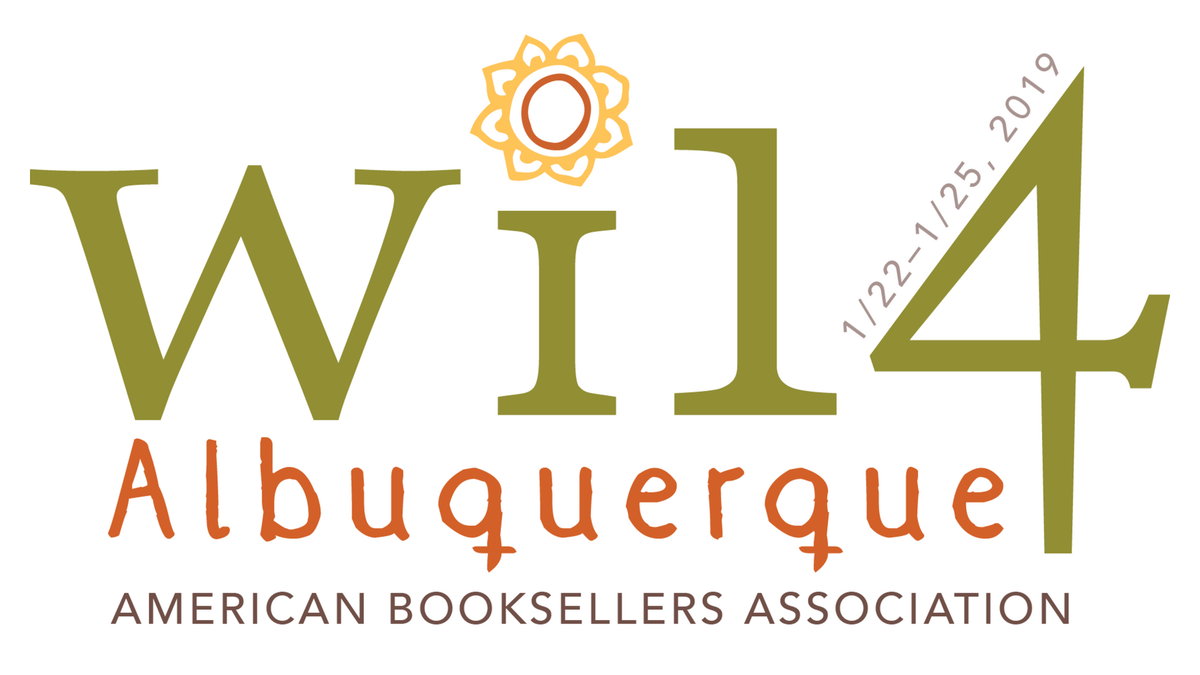 Cindy Dach, co-owner of Changing Hands Bookstores in Tempe and Phoenix, Ariz., as well as the First Draft book bar, led the Wi14 session "How to be a Highly Effective Bookseller, Manager or Buyer," which was designed to teach booksellers techniques for time management, planning and organizing daily tasks. The session is part of Changing Hands' professional development program.
Cindy Dach, co-owner of Changing Hands Bookstores in Tempe and Phoenix, Ariz., as well as the First Draft book bar, led the Wi14 session "How to be a Highly Effective Bookseller, Manager or Buyer," which was designed to teach booksellers techniques for time management, planning and organizing daily tasks. The session is part of Changing Hands' professional development program.
Dach began by reminding attendees to fill out evaluation forms because past evaluations, including many requests for learning how not to get burned out in the industry, had led to the creation of this session.
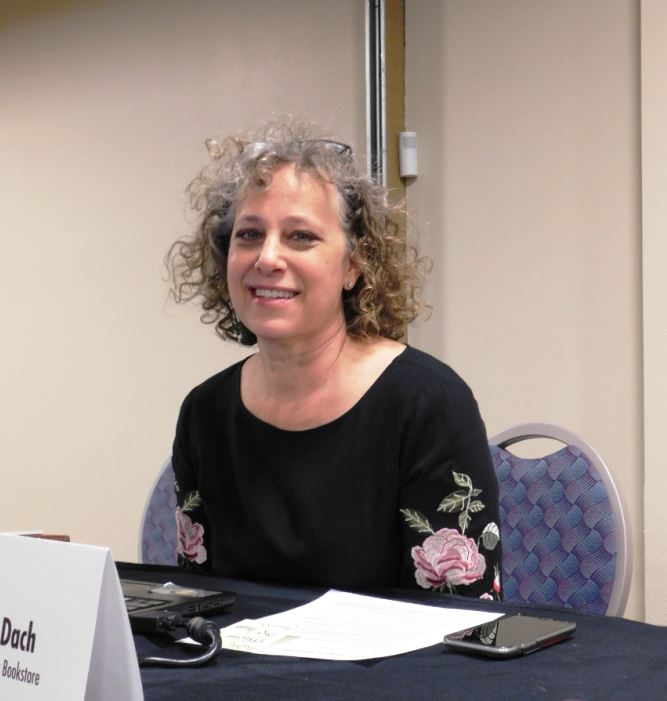 |
| Cindy Dach |
Conceding that she is not an expert in the field, Dach said she has nevertheless devoted significant time to trying to figure out better time management and planning techniques for herself.
"I started deep diving and doing a lot of research, reading a lot of articles and books, and going to a lot of time management sessions. And the thing that kept nagging at me was I feel that so much of that information out there is so helpful... but so much doesn't address retail," she said. "It doesn't address when you're working on a project and you get that call, which our store does a lot; you get that page that says help to the register and you have to go. And then how do you get back to what you're doing? I really felt that's what was missing in so many sessions I'd gone to and books I read. What I try to do is to develop tools that have made me more successful and have made me more effective."
A key component is allocating time to plan. Citing a statistic that had changed her life--for every minute of planning, you gain 10 minutes a day--she said that while it is hard to find that minute, "when you have the extra time it's absolutely amazing what you can accomplish."
She has also adopted a better strategy for dealing with interruptions. For example, when a staff member interrupts with a question, "I usually say here's what I'm working on right now. I will have a break in 10 minutes or 15 minutes. Can this wait or should I stop and take this question now? Sometimes it is a crisis.... Lots of times the person will say they can wait 15 or 20 minutes or until tomorrow.... But what is interesting is when you let that person know that you're working on something and could they think about it, they tend to come back very organized with their thoughts. So you're actually helping them organize, too."
She conceded, however, that sometimes as she walks around her stores, Dach catches herself asking staff members if she can talk with them about something "right now." Although she has worked on better approaches--What are you in the middle of? Can I talk to you about this?--and most people tend to say they don't mind being interrupted, she still feels guilty and knows "it's a strategy that has to be done on both sides."
Another factor discussed at the session was the "it's easier to do it myself than to train somebody" management theory. "It's not true," Dach said. "For a simple thing or crisis mode, yes, you need to do it yourself, but it's not easier and it's not time saving if you don't train somebody else to do a lot of the work.... And then the other advantage is if I can train somebody how to do some of the projects that I've had, I love having that second brain on that project and they will also bring efficiencies to it because they're learning it for the first time.... My favorite thing that my staff asks me is 'Why do we do it this way?' "
One of the most important steps to becoming more effective is "to be aware of how you spend your time," Dach observed. "Plan how you spend your time. If you're working on a project, plan it and then create and protect that focus time. It's something I know bookstore owners and managers never do. We never protect our own time. Actually, one of the best things we can do for our community and our peers is to protect our own time."
With such a wide range of strategies available, she advised: "You have to find what fits for you." --Robert Gray
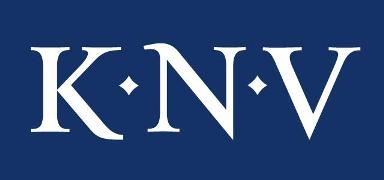 KNV-Gruppe, Germany's largest book wholesaler, filed for bankruptcy today, according to Börsenblatt. The filing does not involve the subsidiary LKG.
KNV-Gruppe, Germany's largest book wholesaler, filed for bankruptcy today, according to Börsenblatt. The filing does not involve the subsidiary LKG.









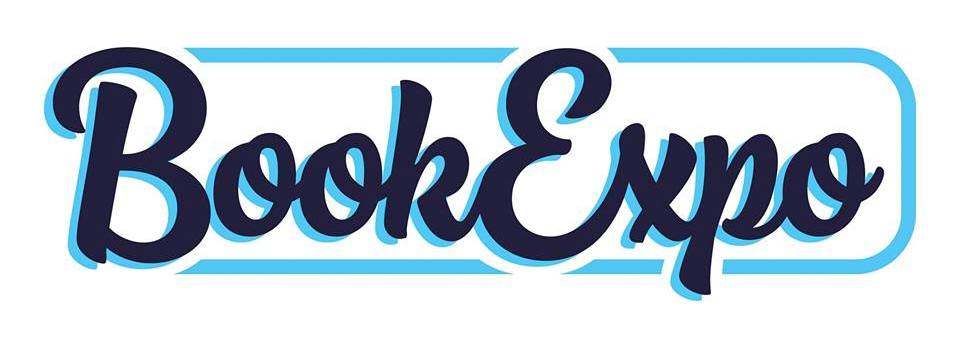


 Book No Further
Book No Further
 Bookstore chain Half Price Books will close its Concord, Calif., location in early May and hopes to reopen in a new space shortly thereafter, the
Bookstore chain Half Price Books will close its Concord, Calif., location in early May and hopes to reopen in a new space shortly thereafter, the 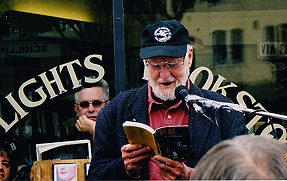
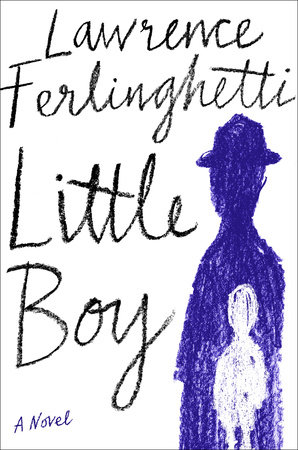 In addition to the events on March 24, there will be a
In addition to the events on March 24, there will be a  Cindy Dach, co-owner of
Cindy Dach, co-owner of 
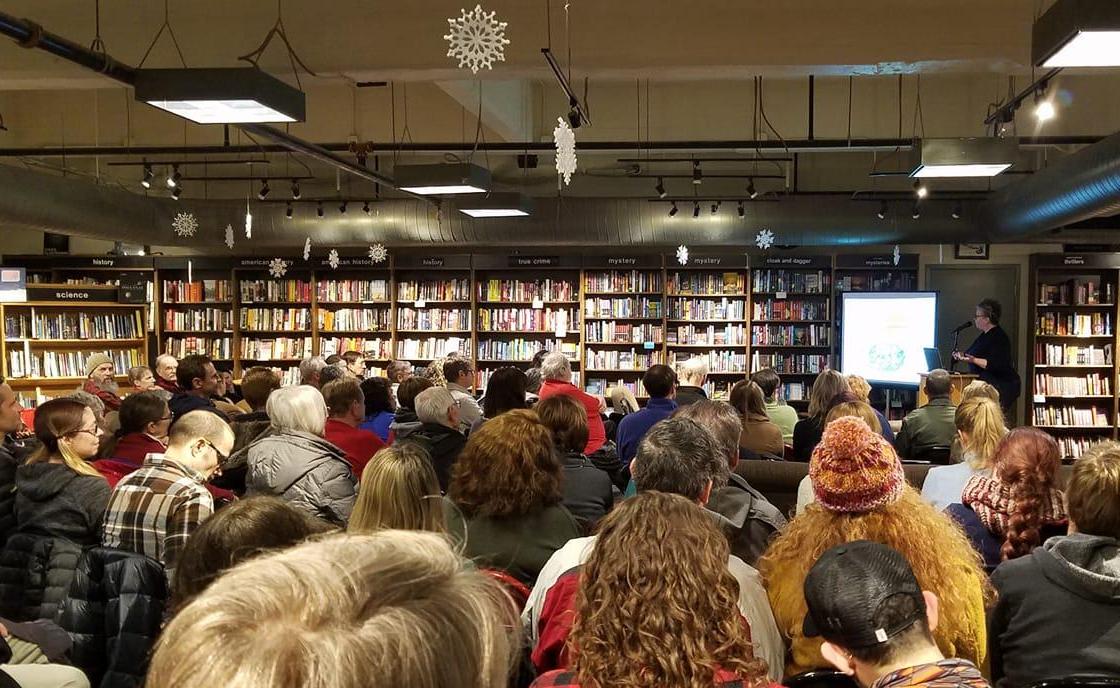
 Valentine's Day 2019 seems has inspired many indie booksellers to devote their creative energies to some wonderful sidewalk chalkboard messages. Here's a sampling:
Valentine's Day 2019 seems has inspired many indie booksellers to devote their creative energies to some wonderful sidewalk chalkboard messages. Here's a sampling: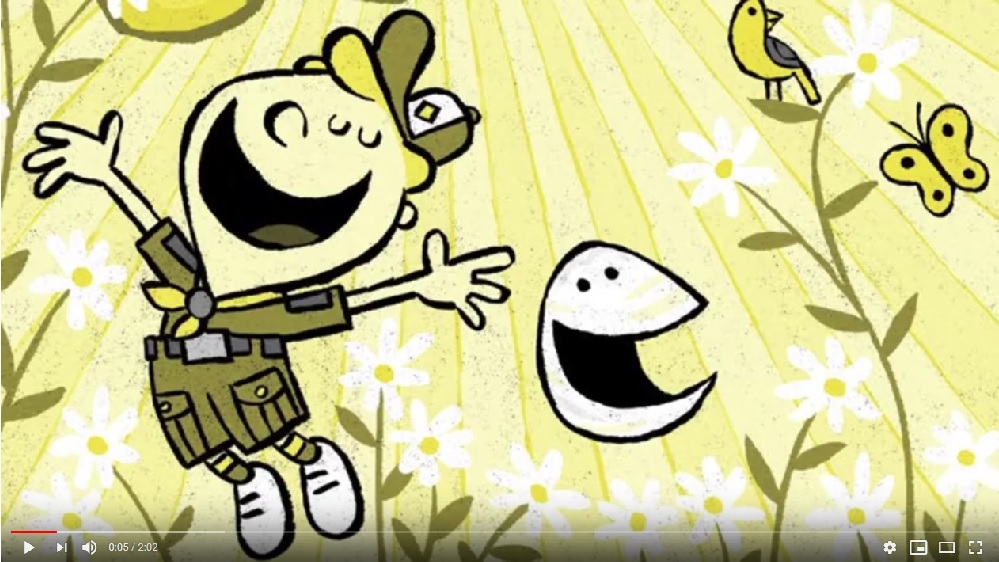 The Happy Book
The Happy Book As an Episcopal priest, Barbara Brown Taylor (Leaving Church) spent years delving into the nuances of Western Protestantism. But after parting from parish ministry, she found herself ever more curious about--even jealous of--certain elements of other faiths. She began teaching Religion 101 to undergraduates at Piedmont College in rural Georgia, which gave her and her students the chance to explore. It was permission to learn the basic tenets of five major world religions, as well as to walk forward into the wonder and joy that might await them in a temple, a synagogue or a mosque. In Holy Envy, her 14th nonfiction book, Taylor chronicles two decades of exploration and struggle, as she took her students along on field trips to new places and unfamiliar spiritual terrain.
As an Episcopal priest, Barbara Brown Taylor (Leaving Church) spent years delving into the nuances of Western Protestantism. But after parting from parish ministry, she found herself ever more curious about--even jealous of--certain elements of other faiths. She began teaching Religion 101 to undergraduates at Piedmont College in rural Georgia, which gave her and her students the chance to explore. It was permission to learn the basic tenets of five major world religions, as well as to walk forward into the wonder and joy that might await them in a temple, a synagogue or a mosque. In Holy Envy, her 14th nonfiction book, Taylor chronicles two decades of exploration and struggle, as she took her students along on field trips to new places and unfamiliar spiritual terrain.